 N2
N2 喫
1. Overview of MeaningThe kanji "喫" (kitsu) primarily means "to eat" or "to drink." It is often associated with consumin...
 N2
N2  N2
N2 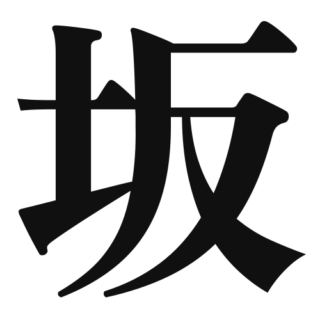 N2
N2 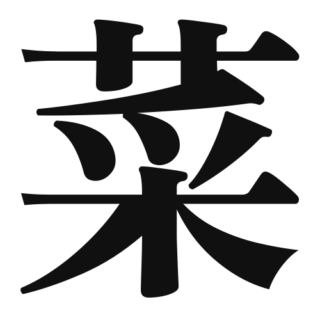 N2
N2 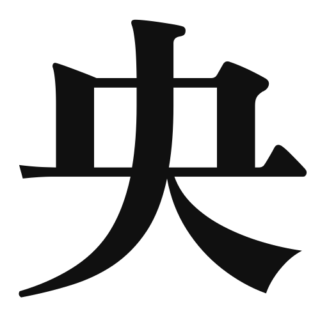 N2
N2 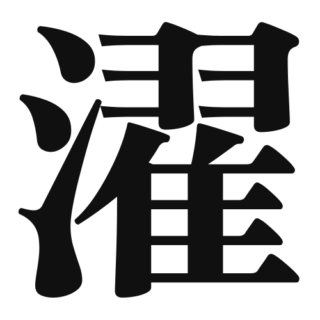 N2
N2 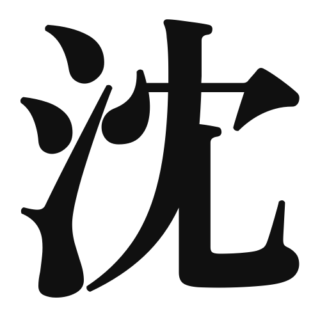 N2
N2 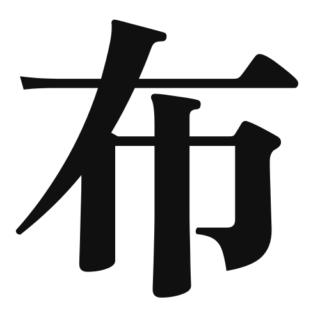 N2
N2 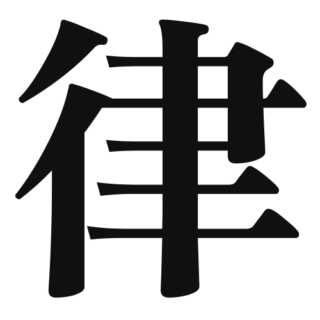 N2
N2 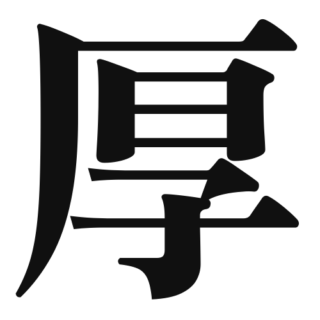 N2
N2